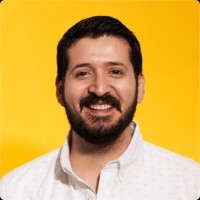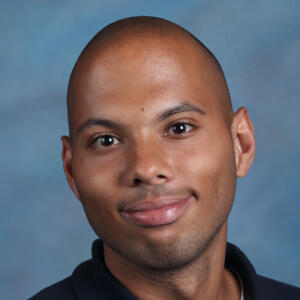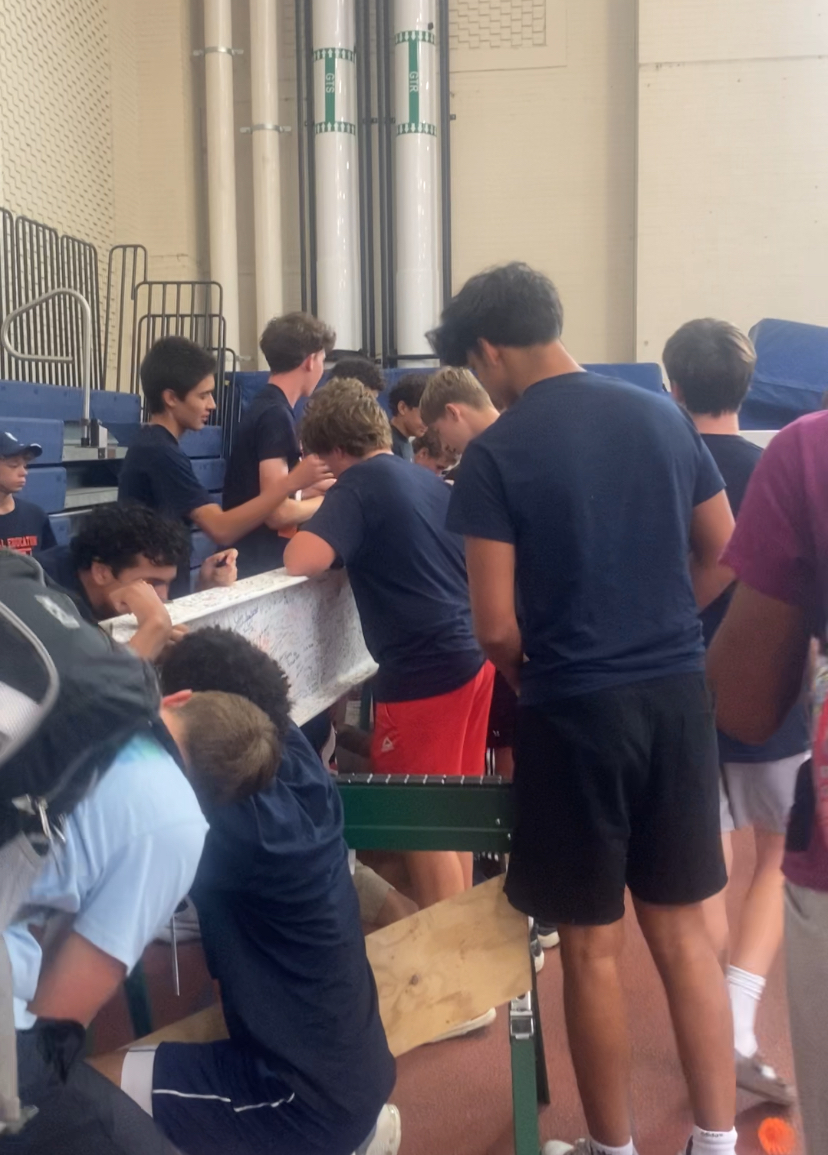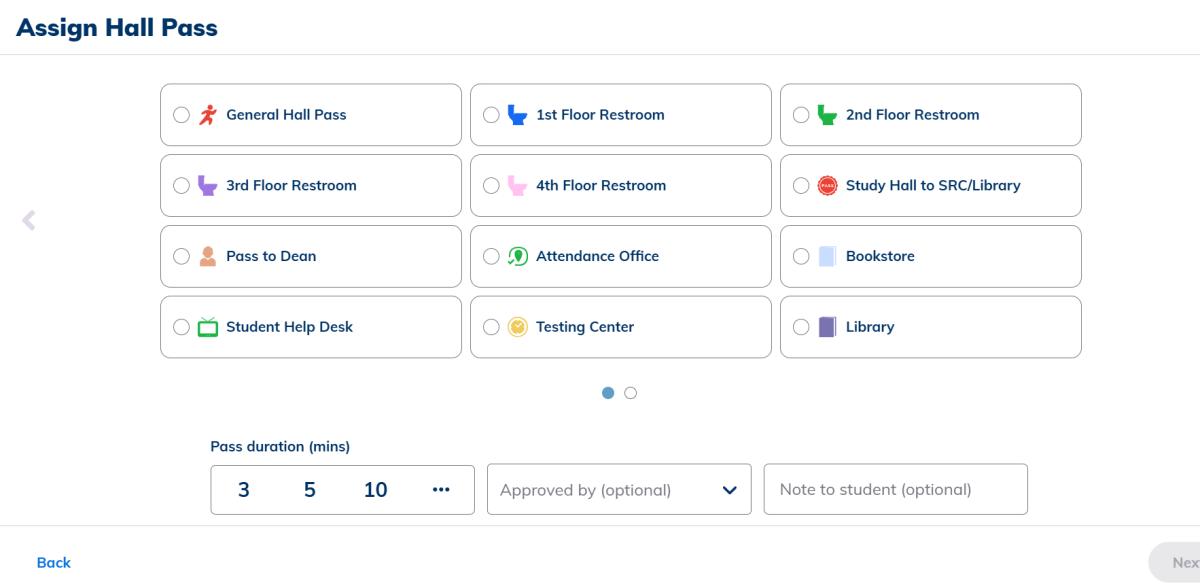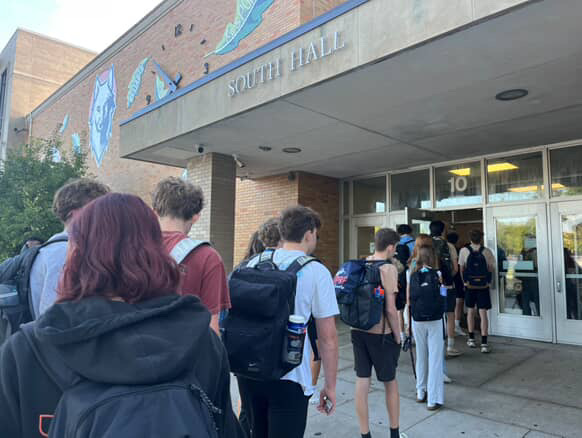Latonya Applewhite is the executive director of equity and student success at Oak Park and River Forest High School. Originally from Mississippi, Applewhite has built a career in education in the Chicago area over the past 18 years. She has been an English teacher, an assistant principal and an International Baccalaureate coordinator. This is her second year in her current position at OPRF. Applewhite spoke with Trapeze to let students know more about her position and the resources she can provide.
The following interview has been condensed and edited for clarity.
Liam Shea: As the equity director, what does your day to day work look like?
Latonya Applewhite: It changes from day to day. I meet with a lot of other administrators to discuss what equity should look like in their departments. Sometimes a specific incident may arise: racial incidents, bullying or harassment. Or a parent may call or send an email. I may have to put steps in place to start an investigation if necessary. Today I had a meeting to discuss our CARE curriculum, which is where we provide racial diversity and equity and inclusion training to all of the staff here. It also includes dealing with controversial topics and issues that most people would rather not discuss sometimes.
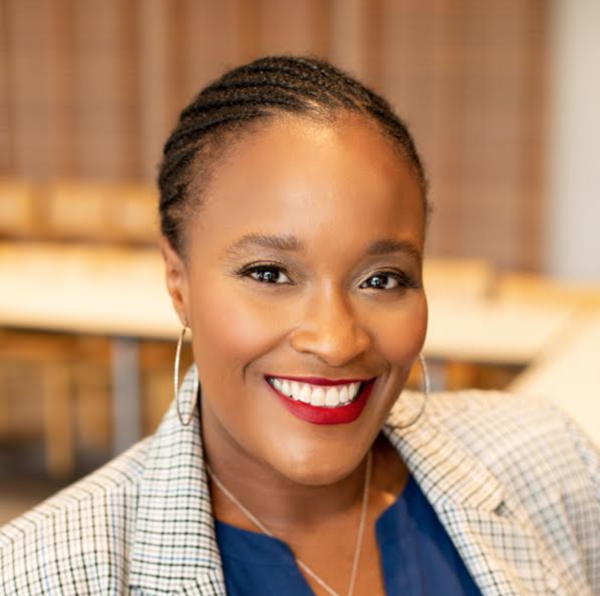
LS: What inspired you to take this job?
LA: Being in education for over 20 years, I want to ensure that all students have access and opportunity to resources and materials that they probably would not ordinarily even know about. I want to work in the service of students–so whether it is based on their color, their gender, their needs, their ability, I want to make sure that we put that at the focus of everything that we do. These positions, like equity director, are fairly new, but they’re needed. When I applied for this job, people kept asking me if I’d seen the documentary. [“America to Me,” which aired in 2018, addressed racial inequities at OPRF.] I wanted this position because I knew that there were issues here that I wanted to be a part of helping to resolve. I didn’t know specifically what the exact issues were, because I never watched the documentary. But just the fact that this is a place that’s having these issues made this a great opportunity to be able to come here and work with some really amazing people, plus the fact is that OPRFHS has been doing equity work for a long time. It was a chance to learn about some of the things that were taking place and then see where I could add my knowledge and expertise.
LS: You grew up in Mississippi. How do you think your experiences there have shaped you today?
LA: It gave me a thicker skin. I’m often shocked and appalled at certain things people say, but I’m not in a traumatized state of mind because of it.Through my experiences. I understand that sometimes people only know what they know. I want to teach people how to be more responsible in their actions and with their words. I don’t want anyone to come here and feel uncomfortable, unwanted, or unsafe.
I felt that way largely growing up in Mississippi–like there were always places where one couldn’t go. I didn’t see many teachers that looked like me, telling me that I could be successful or whatever I wanted to be. I don’t think I ever heard that. I heard that at home. But I didn’t hear it at school.
LS: What is your vision for the school?
LA: My vision would be that every person here–every adult and student no matter who they are–have the exact same expectation for every student regardless of race, gender, ethnicity, sexual orientation or ability. You’re not concerned whether they’re part of the LGBTQ+ community, you’re not looking at the fact that they have a disability–though I don’t really like the term disability. I feel like you just have an ability that the rest of us don’t have, and that makes you unique. Ideally, my vision for the school is not that you don’t see a difference or individuality, but that it doesn’t matter to a student’s success. None of those things listed above should matter in the way that the faculty and staff do their jobs or in the way that you treat students.
LS: What can students do to help create a more equitable community?
LA: That’s a great question. I think first of all, educate themselves on different cultures and how to interact with them. Learn that the biggest thing that one can do is be cognizant of and empathetic to others. Also, I would love to see students become part of our Multicultural Student Achievement Network. This organization has a student strand, and I would love to see more students actively participate in this group because it teaches them what social justice is, what it looks like, and how students can speak out in the name of social justice.

